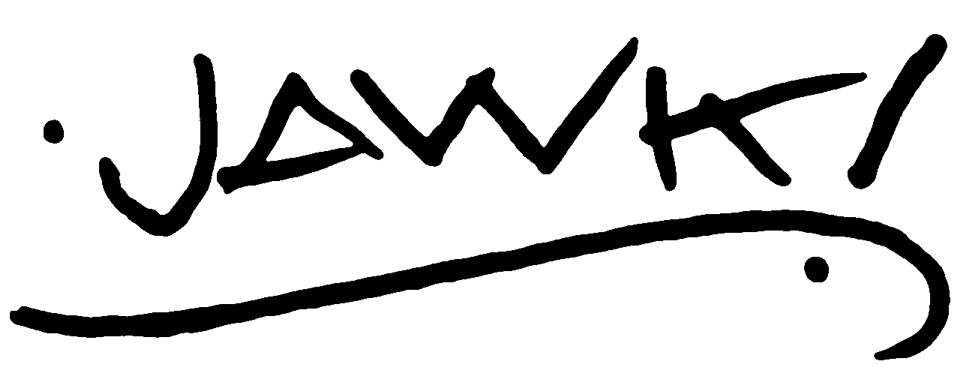The controversial question of Christianity returned to the EU yesterday when seven states, led by Italy, urged the union to recognise a “historical truth” and refer explicitly to the “Christian roots of Europe” in its new constitution.
Britain’s foreign secretary, Jack Straw, and his fellow foreign ministers were forced to divert into a theological and cultural minefield at the meeting in Brussels called to tackle highly charged but technical issues, such as voting weights and budget procedures.
The preamble of the current draft treaty, drawn up by the former French president Valéry Giscard d’Estaing’s convention, refers only to the “cultural, religious and humanist inheritance of Europe”. Specifically mentioning Christianity or God was considered too controversial in the face of furious opposition from secular France and Protestant northerners such as Sweden and Denmark.
Opponents argued that it would be wrong to exclude Muslims and Jews, and would therefore be better to avoid any religious reference.
The European parliament even rejected a proposal from Christian Democrat MEPs to mention the continent’s “Judaeo-Christian roots”.
But the largely Catholic states of Italy Poland, Lithuania, Malta, Portugal, the Czech Republic and Slovakia have made clear they want more.
“This issue remains a priority for our governments as well as for millions of European citizens,” they wrote to Ireland, the current holder of the EU presidency.
Spain had previously supported them, but changed its policy when the Socialists won the March general election.
Spain’s foreign minister, Miguel Angel Moratinos, said: “Spain is a Catholic country, but in the European constitution our government is rather secular, and in this sense we want to respect the text as it currently stands.”
Poland would like a reference based on its own national constitution, which refers to “both those who believe in God as the source of truth, justice, good and beauty, as well as those not sharing such faith but respecting those universal values from other sources”.
The Vatican has made clear that it wants a reference to Christianity in the document.
“If you are the prime minister of a Catholic country it would be very useful to have the Pope on your side, especially when you hold a referendum on the constitution,” said one diplomat.
Mr Straw, aware of the feelings of British Muslims, told reporters that if there was a reference to one religious tradition, “we would have to make reference to others”.
This issue is not expected to be settled before the Brussels summit on June 17, when the constitution is due to be agreed.
The biggest disagreements are still over voting weights in the EU council of ministers. The current Irish proposal is that a decision is taken when supported by 50% of member states representing 60% of the EU population. But that has been rejected by Spain and Poland, as it would mean that Europe’s big three – Britain, France and Germany – could form a blocking minority on any decisions they do not like.
Christian roots of Europe? Umm not sure if they know this but Europe was around way before Christ…

